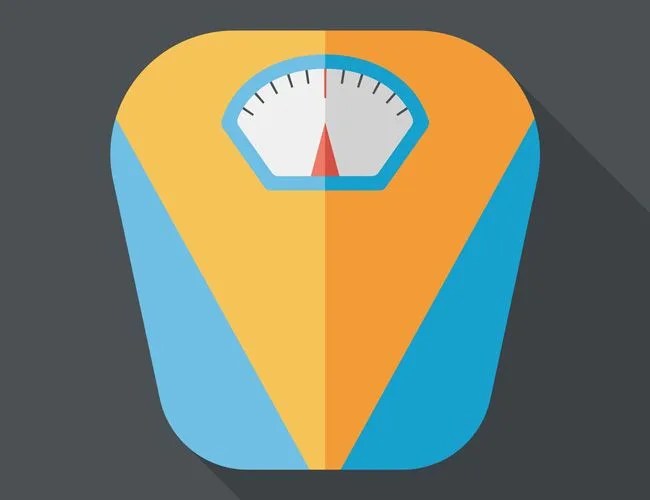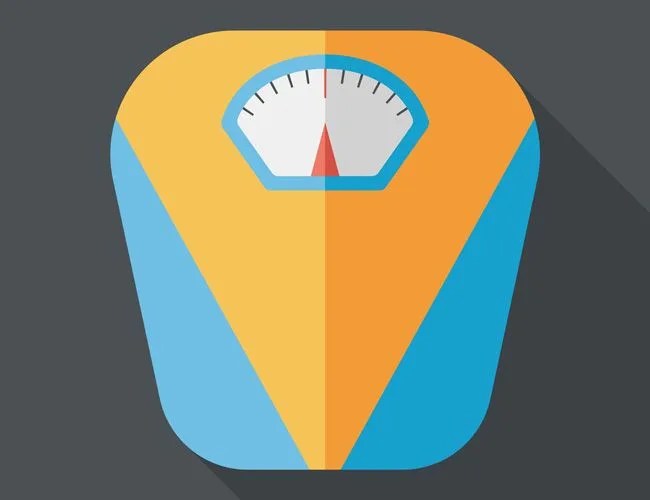 Bigstock
Bigstock??CRYPTED
Editor’s Note:For most of us, the wide world of technology is a wormhole of dubious trends with a side of jargon soup. If it’s not a bombardment of startups and tech trends (minimum viable product, Big Data, billion dollar IPO!) then it’s unrelenting feature mongering (Smart Everything! Siri!). What’s a level-headed guy with a few bucks in his pocket supposed to do? We’ve got an answer, and it’s not a ?+Option+Esc. Welcome to Decrypted, a weekly commentary about tech’s place in the real world. We’ll spend some weeks demystifying and others criticizing, but it’ll all be in plain english. So take off your headphones, settle in for something longer than 140 characters and prepare to wise up.
Health has remained atop a proverbial list of human priorities since the dawn of time, but when push comes to shove, we tend to care more about life and death than a daily system of checks and balances. Improving one’s health takes more than concerted efforts; it takes a commitment to make concerted efforts over an indefinite period of time. That’s daunting, no matter how you slice it.
More Healthy Ways: The Power of Health Metrics | Snack Healthier | The 15 Minute Workout
In years past, methods for tackling the “get healthy” challenge varied wildly and the task of tracking progress was akin to a dark art. Today, we’ve seen remarkable efforts from Google, Apple, Samsung, Microsoft, Fitbit and countless others in a bid to both track vitals and provide insights necessary to properly shape one’s pathway to peak health. Caring for your wellbeing is hardly the sole impetus, though; in an era where personal data is the new currency, health information is solid gold.
Caring for your wellbeing is hardly the sole impetus; in an era where personal data is the new currency, health information is solid gold.
Why health? In a digital age, nothing is more valuable than consumer data. This is why retail stores ask for your ZIP code when you checkout. This is why Google wants to understand what you’re searching for, and why. This is why advertising agencies purchase spots on television programs where the viewer demographic is well defined. There’s a certain aura of creepiness to it, but telling Google where home is definitely makes using Google Maps a lot easier. Telling Netflix what kind of genres you prefer makes those recommendations more germane. And allowing Spotify to track what kind of music you listen to and what kind of music you skip sure makes its radio stations a lot more enjoyable.
